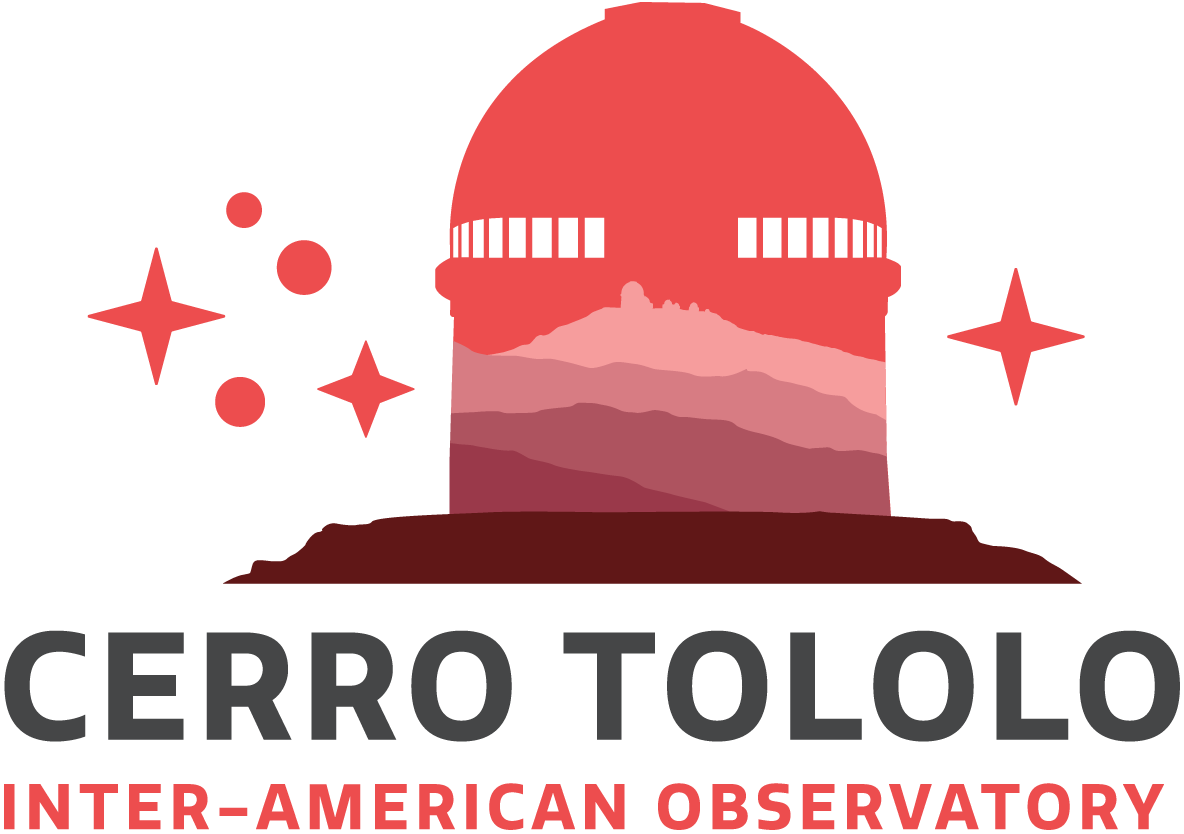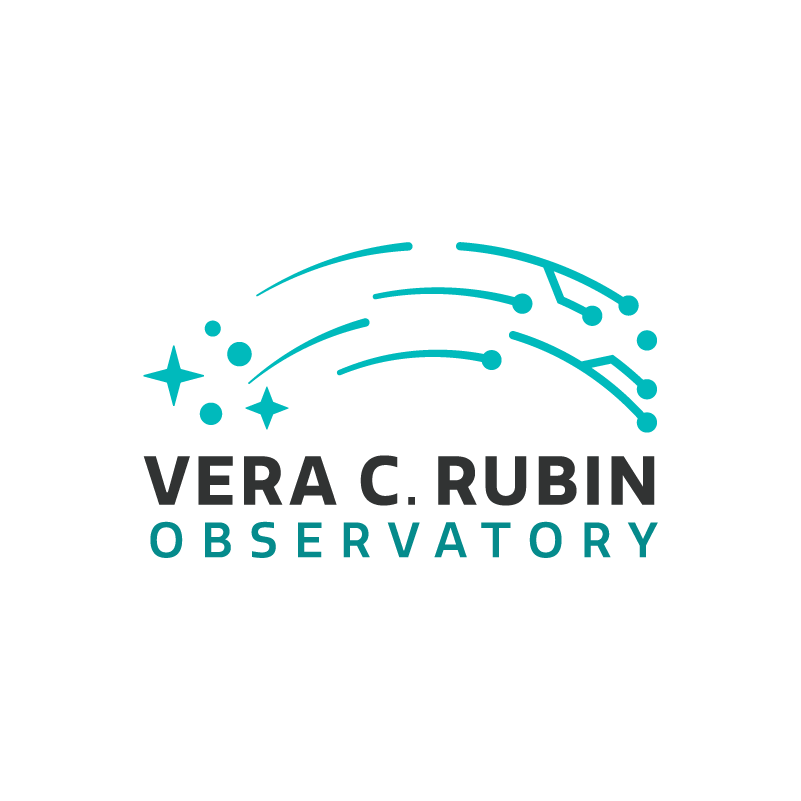NOIRLab and Chilean Embassy Advocate for Dark and Quiet Skies in Singapore
9 November 2021
NSF NOIRLab is presenting about the importance of clear and dark skies at a virtual event named “Chilean Astronomy: A window to the Universe”, organized by the Chilean Embassy in Singapore in partnership with the Science Centre Singapore.
The four-day program highlights the astronomical infrastructures hosted by Chile, and includes the possibility of interacting with experts, such as representatives from astronomical societies and some of the biggest observatories in the world operating in Chile.
The topics of the event range from star hunting, light pollution, and inclusivity in astronomy, to the streaming of related documentaries like Big Astronomy: People, Places, Discoveries. Juan Seguel, Education & Engagement Specialist at NOIRLab, presented a talk called Astronomy and light pollution + Globe at Night Campaign where he described the Globe at Night project and addressed questions from the audience.
The event will be live-streamed via Science Centre Singapore's YouTube channel, and the Embassy of Chile along with the Science Centre Singapore have invited the general public in Singapore to participate in person. The goal of the event is to begin opening a new area of collaboration between Chile and the Association of Southeast Asian Nations (ASEAN).
More information
NSF NOIRLab (National Optical-Infrared Astronomy Research Laboratory), the US center for ground-based optical-infrared astronomy, operates the international Gemini Observatory (a facility of NSF, NRC–Canada, ANID–Chile, MCTIC–Brazil, MINCyT–Argentina, and KASI–Republic of Korea), Kitt Peak National Observatory (KPNO), Cerro Tololo Inter-American Observatory (CTIO), the Community Science and Data Center (CSDC), and Vera C. Rubin Observatory (operated in cooperation with the Department of Energy’s SLAC National Accelerator Laboratory). It is managed by the Association of Universities for Research in Astronomy (AURA) under a cooperative agreement with NSF and is headquartered in Tucson, Arizona. The astronomical community is honored to have the opportunity to conduct astronomical research on Iolkam Du’ag (Kitt Peak) in Arizona, on Maunakea in Hawai‘i, and on Cerro Tololo and Cerro Pachón in Chile. We recognize and acknowledge the very significant cultural role and reverence that these sites have to the Tohono O'odham Nation, to the Native Hawaiian community, and to the local communities in Chile, respectively.
Links
Contacts
Manuel Paredes
Outreach Manager Chile
NSF NOIRLab
Tel: +56 51 2205671
Email: manuel.paredes@noirlab.edu






